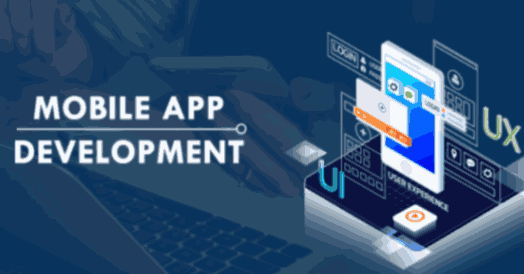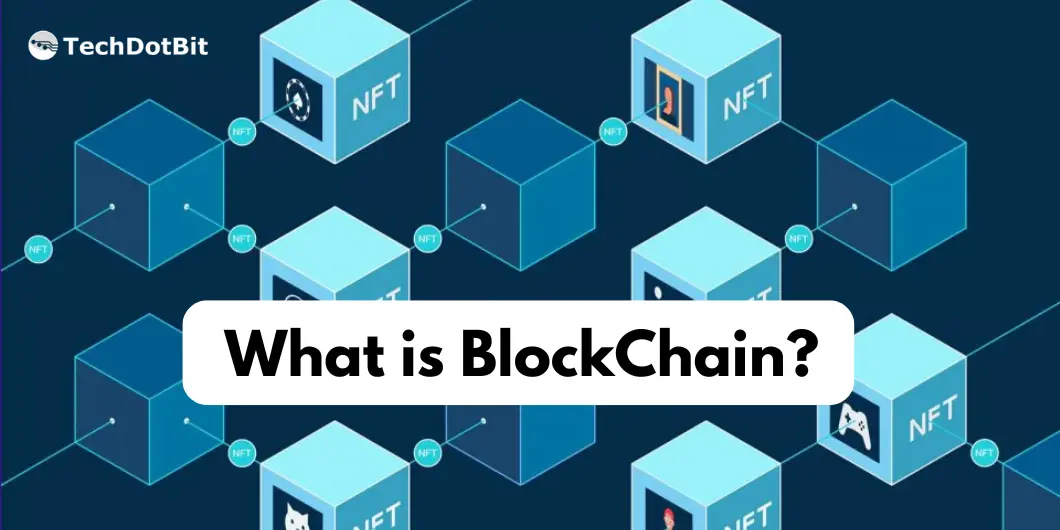Introduction to Mobile App Development
Mobile apps have transformed the digital landscape, offering dynamic new ways for individuals and businesses to interact, transact, and engage. In this article, we will explore the intricacies of mobile app development, from concept to launch, and look at the current trends and future potential of this vibrant industry.
The Rise of Mobile Apps
Statistics and Trends
The mobile app industry has seen exponential growth over the past decade. As of the latest reports, the average person uses approximately 30 apps each month. These apps range from utilities and games to social media, reflecting an increasingly mobile-first approach in technology consumption.
Understanding the Mobile App Development Process
Conceptualization and Planning
Every successful app starts with a clear vision and a detailed plan. This stage involves defining the app’s purpose, target audience, and core functionalities.
Design and User Experience
The user interface (UI) and user experience (UX) are critical in making an app enjoyable and easy to use. Effective design centers on optimizing the navigational flow and the aesthetic appeal of the app.
Development and Programming
Mobile app development can be divided into backend (server-side) and frontend (client-side) development. Each segment requires precise coding and configuration to ensure seamless performance across various devices and platforms.
Testing and Quality Assurance
Rigorous testing is vital to ensure the app is free from bugs and meets all specifications. Testing methods like unit testing, integration testing, and user acceptance testing are commonly used.
Launch and Post-Launch Activities
The launch phase is not the end but the beginning of an app’s lifecycle. Post-launch activities include monitoring app performance, gathering user feedback, and issuing updates to enhance functionality or correct issues.
Types of Mobile Apps
Native Apps
These are developed for specific platforms (iOS or Android) using platform-specific programming languages like Swift for iOS and Kotlin for Android. Native apps are fast and powerful but require separate development efforts for each platform.
Web Apps
Accessible via web browsers, web apps don’t need to be downloaded and installed. They are less powerful than native apps but easier to maintain and update.
Hybrid Apps
Combining elements of both native and web apps, hybrid apps are developed using web technologies like HTML5, CSS, and JavaScript, then encapsulated in a native wrapper. This allows them to use some native platform features while being relatively easier and quicker to develop.
Key Tools and Technologies
Platforms: Android and iOS
These are the two main platforms for which apps are developed, each with its own ecosystem and development tools.
Popular Development Frameworks
Frameworks like React Native, Flutter, and Xamarin facilitate the development of cross-platform apps that can run on both Android and iOS.
Essential Development Tools
Tools such as Android Studio and Xcode are integral to the development process, providing developers with powerful coding, debugging, and testing capabilities.
Challenges in Mobile App Development
Dealing with Device Fragmentation
Developing apps that offer consistent functionality and aesthetics across a wide range of devices remains a challenge due to varying screen sizes, hardware specifications, and operating systems.
Security Concerns
As apps often deal with sensitive personal and financial information, ensuring data integrity and security is paramount.
User Engagement and Retention
Creating an app that attracts and retains users is crucial for its success. This involves integrating engaging features, maintaining performance, and regularly updating the app.
Future Trends in Mobile App Development
Artificial Intelligence and Machine Learning
Incorporating AI can make apps smarter and more responsive, personalizing the user experience to a greater degree.
Augmented Reality and Virtual Reality
These technologies are increasingly being integrated into mobile apps, offering immersive and interactive experiences that were previously impossible.
How can TechDotBit help you about Mobile App Development?
TechDotBit can assist with mobile app development by providing expert guidance and resources to streamline the development process. They offer access to the latest tools and technologies, professional advice on design and user experience, and insights into best practices for coding and security.
Reach out to us today in order to learn more about how we can help you create Mobile Applications for your organization.
Conclusion
Summary and Final Thoughts
Mobile app development is a dynamic field that continues to evolve and expand. It offers immense potential for developers and businesses to explore new frontiers of digital interaction.
Future Outlook
The future of mobile app development is bright, with continuous advancements in technology paving the way for more innovative and effective applications.
FAQs After The Conclusion
1- What is the most cost-effective type of mobile app to develop?
Hybrid apps are generally more cost-effective compared to native apps, especially for simple applications.
2- How long does it take to develop a mobile app?
The time to develop an app can vary widely based on its complexity, ranging from a few months to over a year.
3- Can I develop a mobile app by myself?
Yes, individuals can develop mobile apps, especially with the many resources and tools available today. However, complex apps might require a team of developers.
4- How do I ensure my app’s security?
Implementing best security practices such as encryption, secure coding, and regular vulnerability assessments are crucial.
5- What is the best way to test a mobile app?
Combining automated testing with real-user testing scenarios provides a comprehensive approach to ensure an app’s quality and performance.








